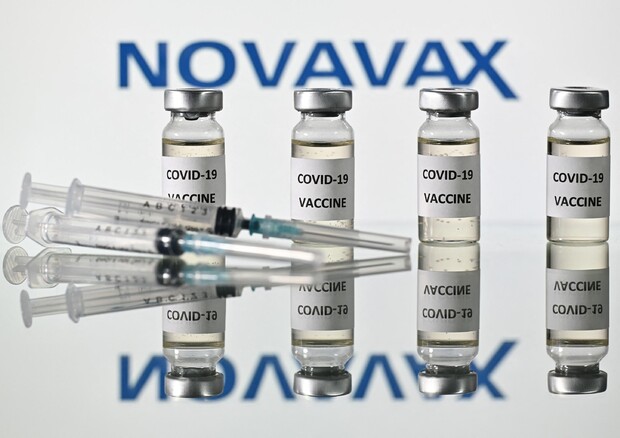The Food and Drug Administration (FDA) has authorized the use of Novavax’s Covid-19 vaccine, but only under specific conditions that significantly limit its distribution.
The decision, made official in recent days, stipulates that the vaccine, known as Nuvaxovid, may be administered exclusively to older adults and individuals over the age of 12 who have at least one medical condition that increases the risk of Covid-19 complications. This effectively excludes healthy individuals under 65 and drastically reduces the pool of potential recipients.
The restriction, which also mandates costly and long-term new clinical studies, marks a turning point in the U.S. approach to Covid vaccination. Until now, similar clinical criteria had been the sole prerogative of the Centers for Disease Control and Prevention (CDC), while it is now the FDA itself introducing unprecedented limitations.
The measure has raised concerns in the scientific community. According to Dr. Camille Kotton, an infectious disease specialist at Massachusetts General Hospital and a CDC advisor, the decision is difficult to understand, especially in light of ongoing hospitalizations and deaths caused by the virus.
The conditional approval of Nuvaxovid requires the pharmaceutical company to conduct additional research to evaluate any possible association between the vaccine and certain heart conditions. One of the required studies, involving thousands of healthy individuals aged 50 to 65 divided between vaccine and placebo groups, could cost tens of millions of dollars.
According to Dr. Ofer Levy, director of the Precision Vaccines Program at Boston Children’s Hospital and an adviser to the FDA, ensuring vaccine safety is crucial to maintaining public confidence. However, he also questions how far regulation should go before it threatens the economic viability of vaccine production.
Novavax has described the approval as an important milestone that will help strengthen access to the vaccine for those who need it most. However, the FDA document does not clearly define which medical conditions qualify, leaving both patients and prescribers in a state of uncertainty. Administering the vaccine to healthy individuals under 65 would be classified as off-label use, making it unlikely to be covered by insurance.
Dr. Paul Offit, a vaccine expert at the Children’s Hospital of Philadelphia and also an FDA advisory member, strongly criticized the agency’s stance, noting that the current choices appear to align with the skeptical approach promoted by Health Secretary Robert F. Kennedy Jr. and other officials appointed by him. According to Offit, the unspoken goal is to make vaccines “less available, more expensive, and more feared.”
Another point of contention involves regulatory implications: the introduction of clinical eligibility criteria by the FDA, an agency traditionally limited to technical approval, risks complicating its coordination with the CDC, which is responsible for recommending who should receive vaccines. But when the initial approval is restrictive, the CDC’s authority is also curtailed.
Nuvaxovid was granted emergency use authorization in July 2022, after a delayed market entry due to production issues. By then, the Pfizer-BioNTech and Moderna vaccines had already received full approval. Unlike these mRNA-based vaccines, Novavax’s shot uses a more traditional platform and has been favored by many individuals skeptical of newer technologies.
The FDA has announced a forthcoming revision of its criteria for evaluating Covid vaccines and has scheduled a meeting for Thursday to select the viral strain that will be targeted by the upcoming fall boosters.












